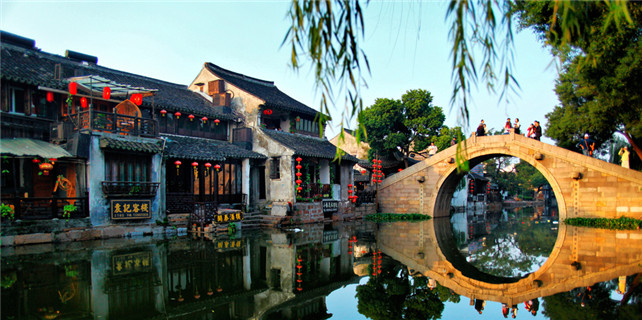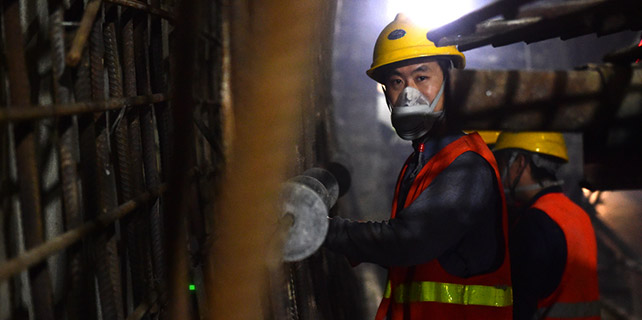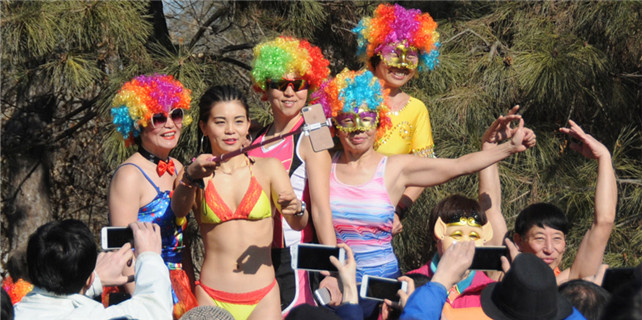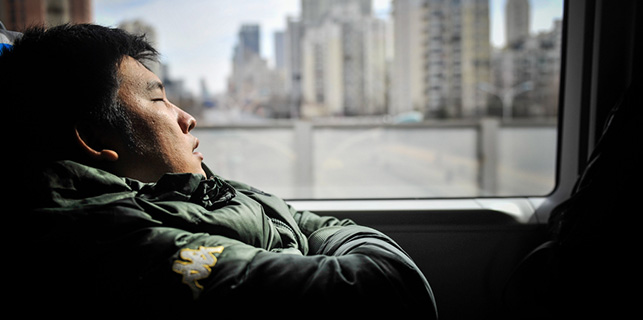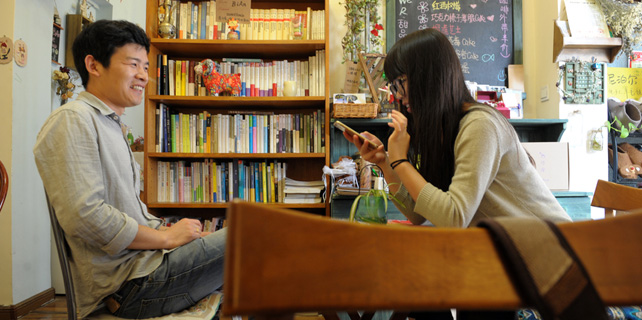Kerala fishermen tackle pollution, clam theft to protect wetland
Another victory for the LPFs has been to get the barrage gates opened earlier, instead of them staying closed through April to help rice farmers bring in late harvests.
The low level of salt in the water was hurting clam harvests, but officials told fishermen they must provide proof of their complaints, according to KM Poovu, who heads the federation of LPFs.
So in 2012, the federation decided to monitor water quality at 14 lakeside locations and display the findings on market-place boards every month.
"People read them - at first curiously, then seriously - and began discussing salinity and pollution as never before," said Poovu, who has written a book about ethical fishing practices. "The public discussion of a common problem brought together our disintegrating fishing community."
ATREE set up monitoring stations, and helped local people with training and testing kits to measure water salinity, acidity, temperature, dissolved oxygen and dissolved solids - all critical to the wetland's fauna.
At the beginning of April that year, when pollution was at its highest and the barrage gates still closed, LPF members took data from their tests to Alappuzha's district administrator.
Faced with the evidence, he ordered the barrage to be opened on April 2, 10 days earlier than before. Since then, the gates have been opened in early April each year.
The forums have tackled theft too. In 2014, a group from neighbouring Kottayam district was rowing into the Kannankara area at night to dredge up white clams – whose shells are used to manufacture industrial cement - 30 feet underwater, using powerful suction pumps.
Local fishermen began finding large amounts of dead clams in their nets due to the turbidity and acidity of the water as the pumps stirred up sediment from the lake bed.
"When we confronted the intruders, they used their political connections and got us arrested instead," said Manoharan from the Kannankara LPF.
After the forum appealed to the local clam collectors' arbitration panel, the Kottayam group was thrown out and all dredging was banned.
The LPFs also collect plastic waste which ends up in the lake following the annual pilgrim season in November and December. Each forum collects 40 to 70 sacks of plastic which are recycled to build village roads.
Local people now understand that "their economic condition is directly linked to sustainable ecology management", Jayachandran said. "Better health and cultural unity are other benefits."
Reuters







